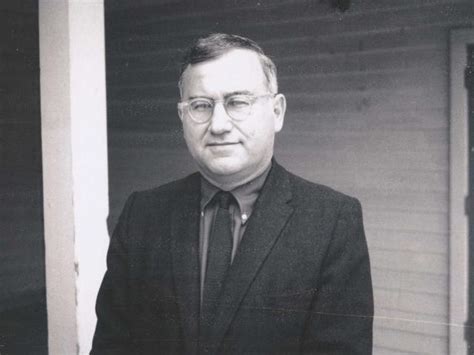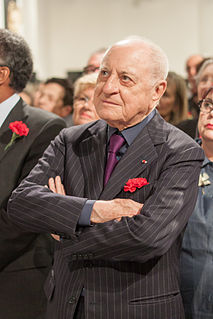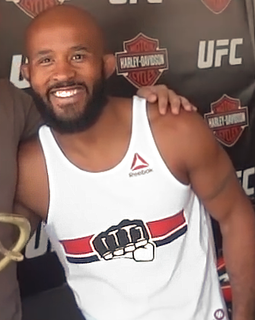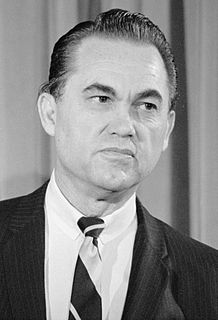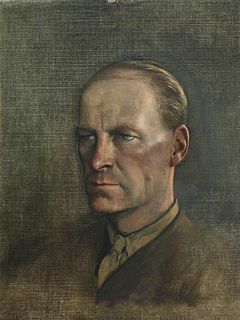A Quote by Veronica Roth
All I want is to become someone new. In this case, Tobias Johnson, son of Evelyn Johnson. Tobias Johnson may have lived a dull and empty life, but he is at least a whole person, not this fragment of a person that I am, too damaged by pain to become anything useful.
Related Quotes
I had, in college, a professor called Walter Jackson Bate, and he taught a course called The Age of Johnson. It's about Samuel Johnson and his period, 18th-century British writing. So we all got to endure Samuel Johnson, and Boswell's 'Life of Johnson' is now my favorite book. I read it all the time I can; it's great for going to sleep.
Johnson is wise, Boswell foolish; Johnson warns and abstains, Boswell plunges; Johnson is rather a great man writing than a greatwriter, Boswell is a great writer and an ordinary man; and they are two of a kind, abysmal melancholics and compulsive socializers, afraid of solitude and afraid of death and dissolution, victims of themselves, meant for each other, needing each other, needing evidence and arguments (Boswell is a lawyer, Johnson magisterially dictates to him some of his briefs), making beautiful models of rational discourse out of the useful substance of all they know.
One of the things that I'm doing and I'm - we have the Johnson Amendment. You know what that is. That Lyndon Johnson in the 1950s passed an amendment because supposedly he was having a hard time with a church in Houston, with a pastor. And he passed an amendment saying basically if you're a pastor, if you're a religious person, you cannot get up and talk politics.
One wonders if Lyndon Johnson and Richard Nixon's administrations may come to be viewed, in the future, as having been underestimated in some respects. To be sure, each ended in failure. Nonetheless, Johnson's accomplishments in civil rights and immigration legislation, and Nixon's in respect to relations with China, may loom larger with the passage of time.
The comparison between Coleridge and Johnson is obvious in so far as each held sway chiefly by the power of his tongue. The difference between their methods is so marked that it is tempting, but also unnecessary, to judge one to be inferior to the other. Johnson was robust, combative, and concrete; Coleridge was the opposite. The contrast was perhaps in his mind when he said of Johnson: "his bow-wow manner must have had a good deal to do with the effect produced.
My name is Tobias Eaton," Tobias says. "I don't think you want to push me off this train." The effect of the name on the people in the car is immediate and bewildering: they lower their weapons. They exchange meaningful looks. "Eaton? Really?" Edward says, eyebrows raised. "I have to admit, I did not see that coming." He clears his throat. "Fine, you can come. But when we get to the city, you've got to come with us." Then he smiles a little. "We know someone who's been looking for you, Tobias Eaton.
Whoa there, Tobias," says the man to my left. "Weren't you raised a Stiff? I thought the most you people did was... graze hands or something." "Then how do you explain all the Abnegation children?" Tobias raises his eyebrows. "They are brought into being by sheer force of will," the woman on the arm of the chair interjects. "Didn't you know that, Tobias?" "No, I wasn't aware." He grins. "My apologies.
Overt intelligent performances are not clues to the workings of minds; they are those workings. Boswell described Johnson's mind when he described how he wrote, talked, ate, fidgeted and fumed. His description was, of course, incomplete, since there were notoriously some thoughts which Johnson kept carefully to himself and there must have been many dreams, daydreams and silent babblings which only Johnson could have recorded and only a James Joyce would wish him to have recorded.




